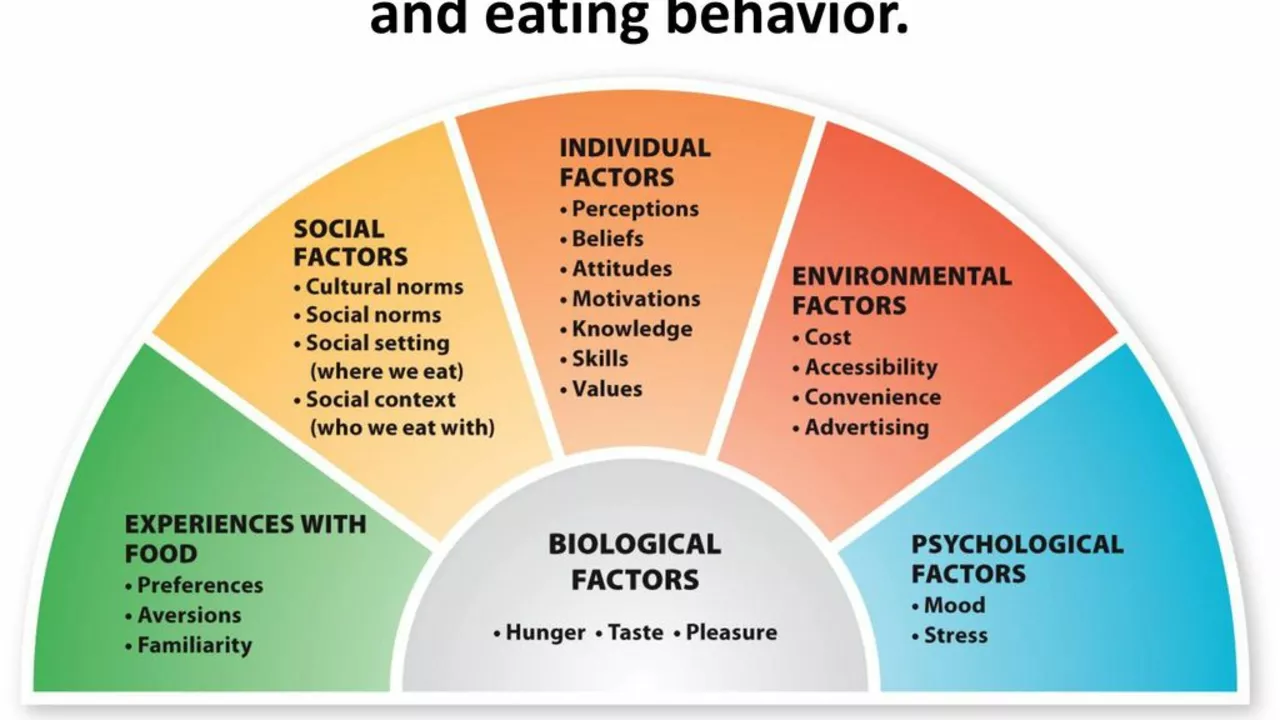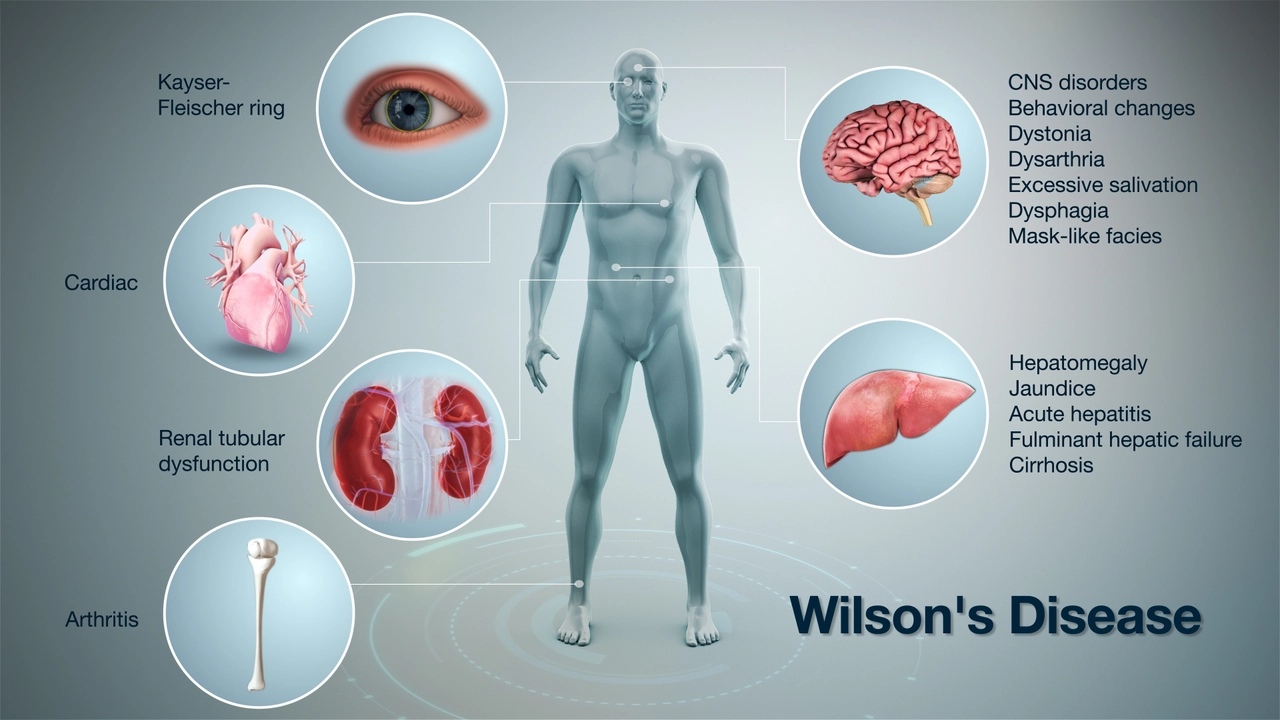This month’s posts cover real health problems and practical advice: how social life affects weight, a bone disorder you should know about, the mental side of nausea, a new supplement people are talking about, antibiotic choices, and the HIV–TB connection. Each article is short, focused, and aimed at helping you spot issues or ask better questions at the clinic.
The obesity piece looks at how income, education and neighborhood shape food choices and activity. If healthy food feels out of reach where you live, small changes still help: plan simple meals, use frozen vegetables, and look for local food programs or community gardens. Education matters too—learning one reliable cooking trick or two can cut calories and cost without stressing your schedule.
Osteodystrophy is about bones that don’t form or repair normally, often tied to kidney problems or hormone shifts. Watch for bone pain, weak muscles, or odd posture changes. If you or someone you care for has chronic kidney disease or long-term meds that affect bones, ask a doctor for a bone health check: blood tests, vitamin D levels, and a bone density scan can point to early fixes.
Vomiting isn’t just physical—there’s a psychological side that can fuel anxiety or low mood. If nausea keeps returning, think about both angles: rule out infections or meds first, then consider therapy or stress-reduction techniques if anxiety seems to feed the cycle. Simple steps like paced breathing, keeping a symptom diary, and talking to a clinician can break that loop.
The Bean Pod supplement article is a personal take on one product that users say supports digestion and immunity. Supplements can help, but they’re not magic. Check ingredients, compare labels, and ask your pharmacist about interactions with prescriptions. If a pill promises big results fast, be cautious—start small and watch how your body reacts.
Comparing cefadroxil with other antibiotics shows it’s useful for common infections like skin or throat problems, but no antibiotic fits all bugs. The right drug depends on the bacteria, allergies, and your history. Don’t self-prescribe: get a proper diagnosis, follow the full course if one is prescribed, and report side effects quickly.
HIV and pulmonary tuberculosis often appear together because HIV weakens the immune system and makes TB more likely and severe. If you’re living with HIV or caring for someone who is, regular TB screening and quick treatment matter. Integrated care—where HIV and TB treatments are coordinated—improves outcomes.
If something here sounds familiar, book a checkup, bring questions, and ask about screenings or simple lab tests. For supplement choices, show the label to a pharmacist. For medication concerns, never stop or switch drugs without medical advice. Small steps—screening, a label check, or a short diary—often lead to better care.

In my latest blog post, I dive deep into how socioeconomic factors influence obesity rates. This correlation is complex, with factors like income, education, and even geographical location playing significant roles. Notably, lower income can often lead to less healthy food choices due to cost constraints, exacerbating obesity rates. On the other hand, higher education levels seem to promote better dietary habits. It's a fascinating look into how our societal standing can significantly impact our health.

In my recent blog post, I discussed osteodystrophy, a condition characterized by abnormal bone development. I explored its various causes, which include kidney failure, hormonal imbalances, and certain medications. I also highlighted common symptoms such as bone pain, muscle weakness, and deformities. Additionally, I delved into the different treatment options available, ranging from medications to lifestyle changes and, in severe cases, surgery. Understanding osteodystrophy is crucial for early detection and effective management of this complex bone disorder.

In my latest blog post, I explored the fascinating connection between nausea, vomiting, and mental health. I discovered that the experience of vomiting can actually lead to feelings of anxiety and depression, creating a vicious cycle of physical and emotional distress. Furthermore, certain mental health conditions, such as eating disorders and anxiety disorders, can also cause or exacerbate nausea and vomiting. As I delved deeper into the topic, I realized the importance of addressing both the physical and psychological aspects of this issue in order to provide comprehensive care and support. Overall, understanding the psychology of vomiting can empower us to better manage our mental health and improve our overall well-being.

As a health enthusiast, I recently discovered Bean Pod, a dietary supplement that has truly changed my life. In my journey to a happier, healthier me, I found out that Bean Pod is packed with essential nutrients and antioxidants. Not only does it promote better digestion and weight management, but it also supports immune health. Plus, it's so easy to incorporate into my daily routine. I genuinely believe that everyone should give Bean Pod a try for a happier, healthier version of themselves!

In my recent research on antibiotics, I have been comparing the effectiveness of Cefadroxil with other antibiotics. Cefadroxil is a broad-spectrum antibiotic, often used to treat bacterial infections like skin, throat, and urinary tract infections. From what I've gathered, it is quite effective and has fewer side effects compared to other antibiotics. However, it is crucial to remember that the effectiveness of an antibiotic varies depending on the type of bacteria and the individual's medical history. In conclusion, while Cefadroxil is a reliable option, it's always best to consult with a healthcare professional to determine the most appropriate antibiotic for your specific needs.
As a blogger, I've recently been researching the connection between HIV and pulmonary tuberculosis (TB). It turns out that people living with HIV are more susceptible to developing TB due to their weakened immune systems. In fact, TB is one of the most common opportunistic infections in HIV-positive individuals. The two diseases often coexist and exacerbate each other, making treatment more challenging. It's vital to raise awareness about this connection to promote early diagnosis and appropriate treatment for both HIV and TB.
